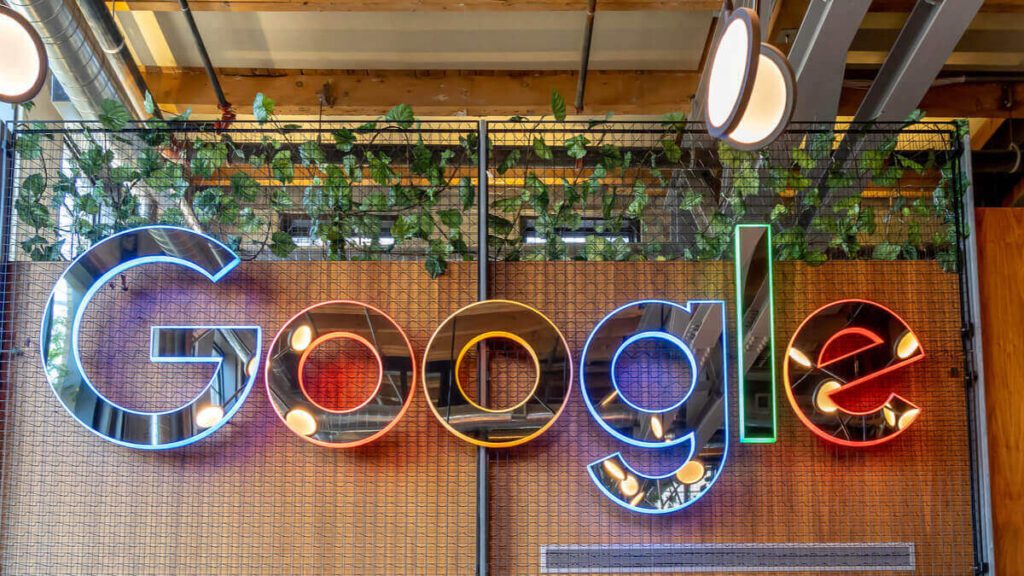
Google’s parent company Alphabet Inc, recorded on Tuesday a rising profit in second quarter revenue, despite heated antitrust regulations and prosecutions, the search giant marked its highest mark so far of quarterly revenue.
Amidst the latest antitrust cold war between Big Tech companies and Washington in the last quarter, Google and Alphabet Inc. tallied in sales, marking the best quarterly revenue for the search engine giant.
“Our strong second quarter revenues of $61.9 billion reflect elevated consumer online activity and broad-based strength in advertiser spend,” Alphabet Inc. and Google’s CEO Sundar Pichai said in a statement.
“Again, we benefited from excellent execution across the board by our teams,” he added.

As Google found itself under the spotlight from some of the biggest antitrust lawsuits, the company’s earnings performance came as a slight breather amidst all the regulations it has been subjected to lately.
Earlier this month, an assembly of state attorneys filed a lawsuit against the tech titan under pretense that its Play Store violated major antitrust regulations. Google’s alleged anticompetitive behavior could have caused it a major marketplace for its apps.
The lawsuit concentrated on the 30 percent fees Google was charging from developers to sell digital products and services through its Play Store.
By the end of June, the search engine’s second quarter defeated analysts’ estimates of $56.15 billion by scoring its parent company Alphabet Inc. a massive $61.88 billion in sales, grading Google one of its highest quarterly revenue so far.
Alphabet Inc.’s share price witnessed a higher ascend in in-after hours trace preceding Google’s release of its quarter results of $2.819 as of time of writing.
It is worth highlighting that Google’s 2020 Q2 revenues suffered a major downfall of $37.99 billion in revenue – in comparison to its 2021 revenue – marking 2021’s Q2 as a major boost for the platform and its parent company.

Since the Biden administration began tightening its antitrust grip around Silicon Valley giants, Big Tech firms acquitted themselves of any antitrust wrong doing. According to these firms, if the company controls a market then it has the right to control the prices.
To most tech companies, deciphering the antitrust law is easy.
Since most of their services are free to consumers, it is advertisers and other consumers who are paying the price, literally. In some cases, some of these platforms keep their prices low and run a thin margin on its retail business.
Despite the constant fight between Google and antitrust regulators for its alleged anticompetitive approach, the rise in its quarterly revenues is a clear demonstration of the power Google still has as one of the big-league global players.